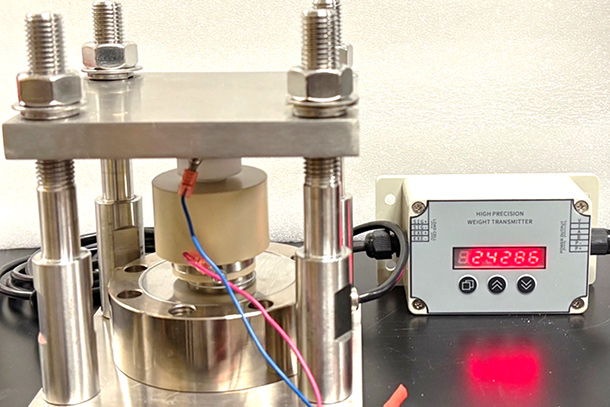White House Releases Binding AI Principles for Federal Regulators
White House Releases Binding AI Principles for Federal Regulators
Following President Trump’s February 11, 2019 executive order aimed at fostering and prioritizing artificial intelligence (AI) research and development, the White House Office of Science and Technology Policy (OSTP) has released a set of principles that Federal agencies must meet when drafting AI regulations. According to U.S. Chief Technology Officer Michael Kratsios, agencies must follow 10 requirements when proposing rules to govern private sector deployment of AI technologies. These 10 principles concern: public trust; public participation; scientific integrity and information quality; risk assessment and management; benefits and costs; flexibility; fairness and nondiscrimination; disclosure and transparency; safety and security; and interagency coordination.
After a 60-day period allowing public input, the White House will instruct Federal agencies to develop implementation plans of these principles.
Kratsios also encouraged the European Commission, slated to release its own version of AI regulatory guidelines, to use the OSTP framework as a model. This is contextualized by longstanding national security concerns as China and other U.S. adversaries, including Russia, continue to follow national plans for AI development to improve algorithms for surveillance, detention, and warfare capabilities—including algorithms that could launch airstrikes without human decision-making, for example. To that end, the U.S. is imposing new restrictions on the export abroad of software that uses machine learning to discover geospatial imagery for surveillance. It is nonetheless difficult to regulate software exports, as many algorithms use open-source datasets.
Moreover, Kratsios’s deputy, Dr. Lynne E. Parker, said agencies should also consider reducing regulatory barriers for AI development, including promoting pilot programs and making Federal datasets available publicly. The National Institute of Standards and Technology (NIST) had previously proposed a set of “ground rules” for AI ethics, while avoiding “stifling innovation.” The Pentagon’s Defense Innovation Board and National Security Commission on Artificial Intelligence (NSCAI) have also released nonbinding recommendations for AI ethics.
You can find Kratsios’s op-ed on “AI That Reflects American Values” here:
https://www.bloomberg.com/opinion/articles/2020-01-07/ai-that-reflects-american-values?srnd=opinion.
And you can find the White House’s executive order from last year here: https://www.whitehouse.gov/presidential-actions/executive-order-maintaining-american-leadership-artificial-intelligence/






